How do you play Bach’s music today?
Martin Schmeding and Daniel Moult discuss this daunting question in a new documentary boxed set from Fugue State Films, and take as their starting point the cultural life of 18th-century Central Germany: the social history, theology, architecture, and most of all the sound world created by the instruments that Bach knew and played.
Throughout the 20th-century there have been many approaches to playing Bach. I personally recall the primness of the beginnings of the Early Music Movement, when it was considered a very bad thing to show too much emotional involvement – a reaction to previous barn-storming symphonic excesses, or the heavy reverence typified by Albert Schweitzer’s recordings. We lightened up a touch in the late 20th-century as historically-informed performance practice suggested we could sing and dance a bit more. But what about now? Martin Schmeding quotes Reger’s advice on playing Bach: ‘play it as you feel in your heart’ – but how do we get that balance between historically-informed performance and personal involvement, without destroying the fabric and logic of the music?
Filming in and around the churches of Central Germany, Director Will Fraser has divided this documentary into seven chapters of around 30 minutes, each an engaging short masterclass focussed on a specific period in Bach’s life and music.
The result is hugely watchable – like being in the company of three very clever, enthusiastic and knowledgable friends (Martin and Daniel are joined from time to time by Christine Blanken of the Leipzig Bach Archiv).
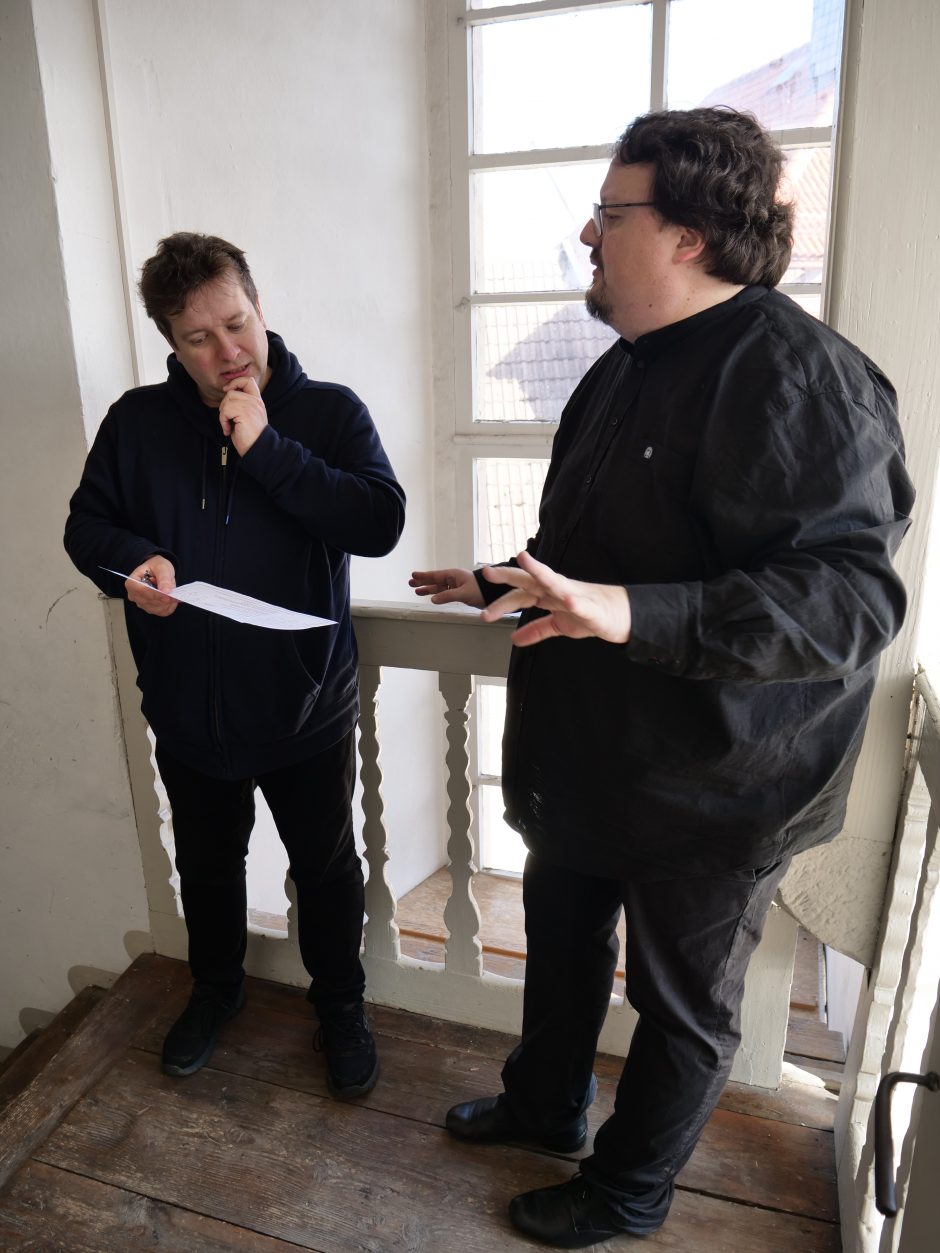
Further films in the set include four fifteen-minute portraits of organs of significance to Bach, and Daniel and Martin pitch it just right in their combination of anecdotes, historical, sociological and academic details, with enough practicalities about the organ style and construction to satisfy the curious organist.
Martin explains the two Silbermann organs in Rötha, and Daniel the Hildebrandt at Sangerhausen, and the Trost organ at Waltershausen. I particularly enjoyed watching Daniel wrestle with the latter – with its mushroom forest of stops around the console, and tough and inaccessible couplers. But as he says, this tells us something about contemporary registration patterns – as a coupler couldn’t be used mid-piece, divisions of the organ were quite likely to have been set at the outset of a piece, and then left throughout.
Also included are filmed complete performances of 25 representative pieces on these organs (ranging from short chorale preludes to the big beasts of the Bach repertoire) and these are also presented on 2 CDs. Will Fraser and Fugue State are to be congratulated once again the high production values they bring to the project, and TonMeister Martin Fischer has produced a richness and clarity of sound that was evident both when played on my laptop and on a more sophisticated sound system.
Our thanks should also be sent to the Patrons and Subscribers to this project, who helped crowdfund it at the outset. Fugue State are now crowdfunding support for the next big project: Tom Bell performing Messiaen’s Livre du Saint-Sacrement in its entirety, with an accompanying documentary. You can be among the patrons or subscribers (or simply help by pre-buying) – more here.
Full details of the Bach and Expression boxed set at the bottom of the page, or click here for Fugue State Films shop.
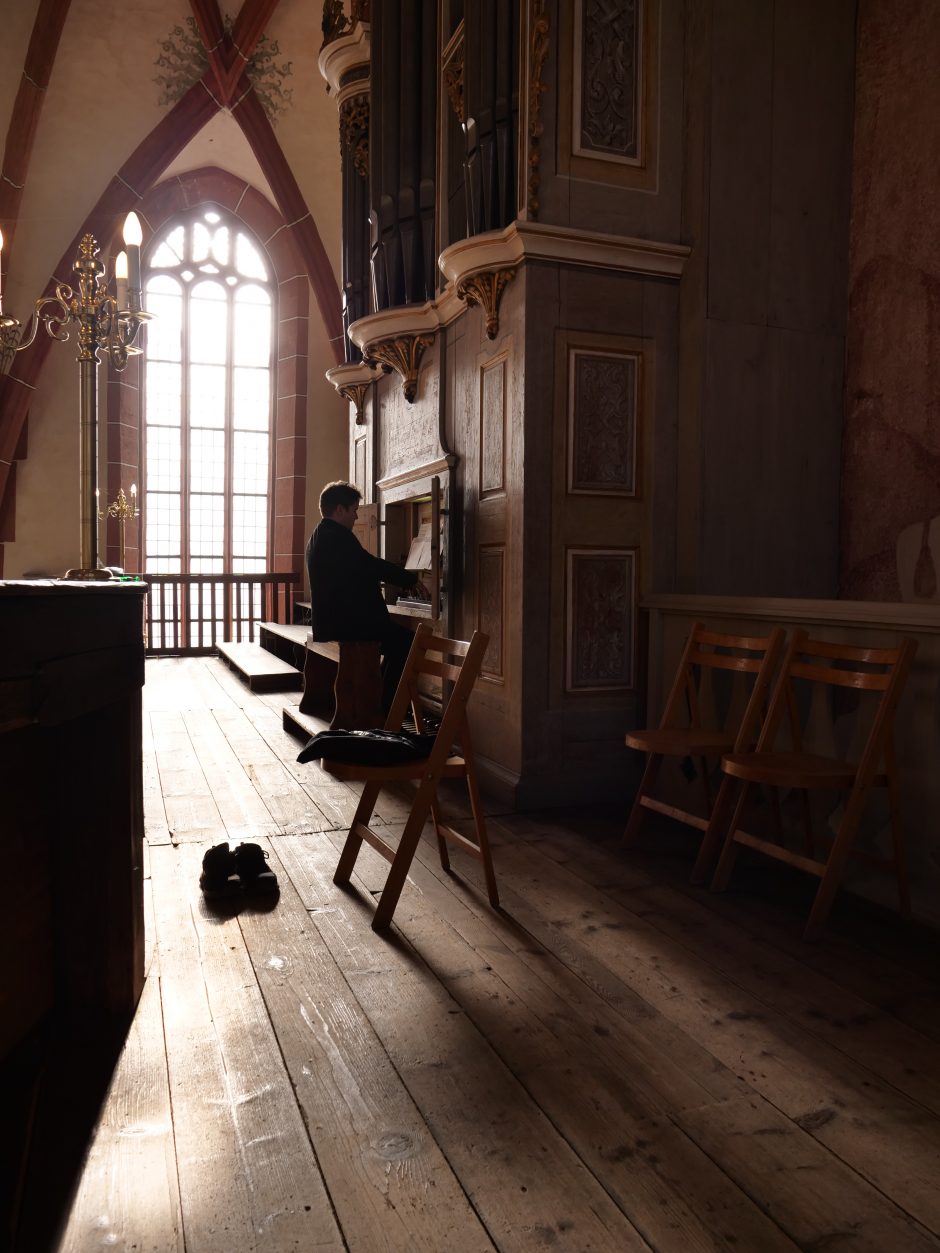
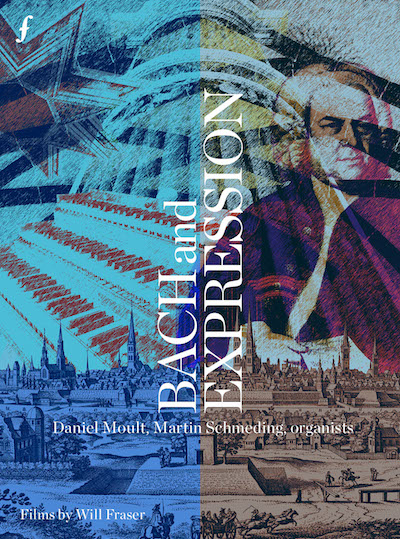
Bach and Expression
Daniel Moult, Martin Schmeding, organists
Fugue State Films
Available October 2022
2 x DVD and 2 x CD boxed set with 28-page illustrated booklet
from Fugue State Films online shop
£37.50
feature image shows Daniel Moult at the console of the Trost 1730 organ at Stadtkirche, Waltershausen. All pictures courtesy of Fugue State Films

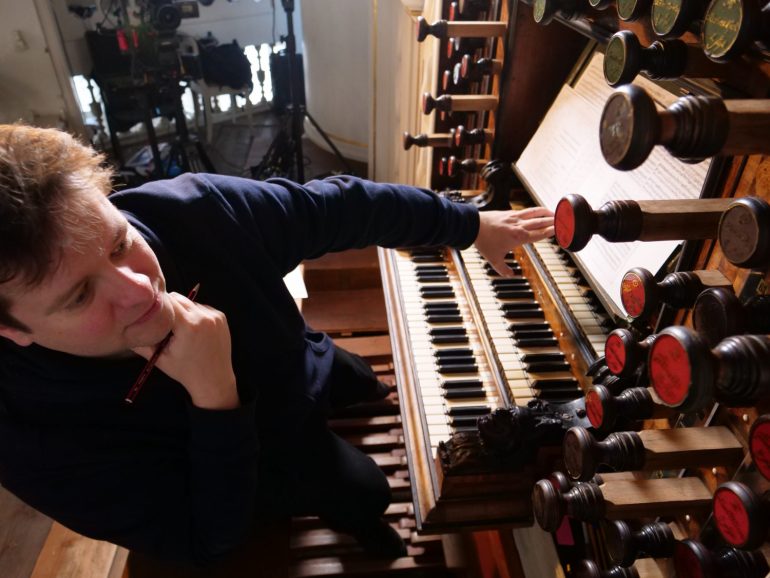
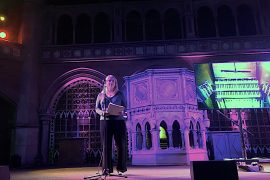
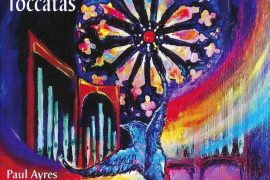
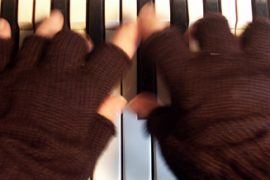

Hi